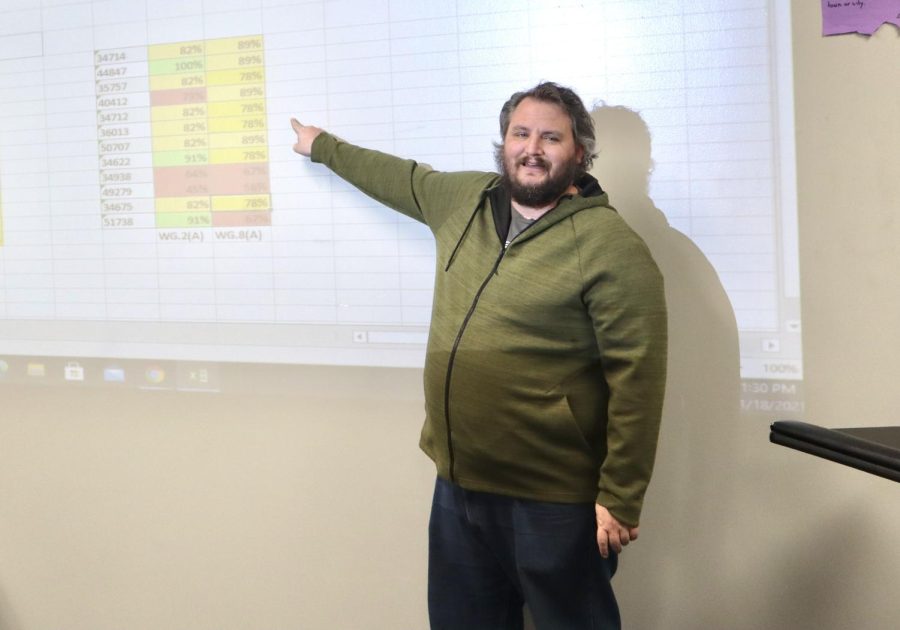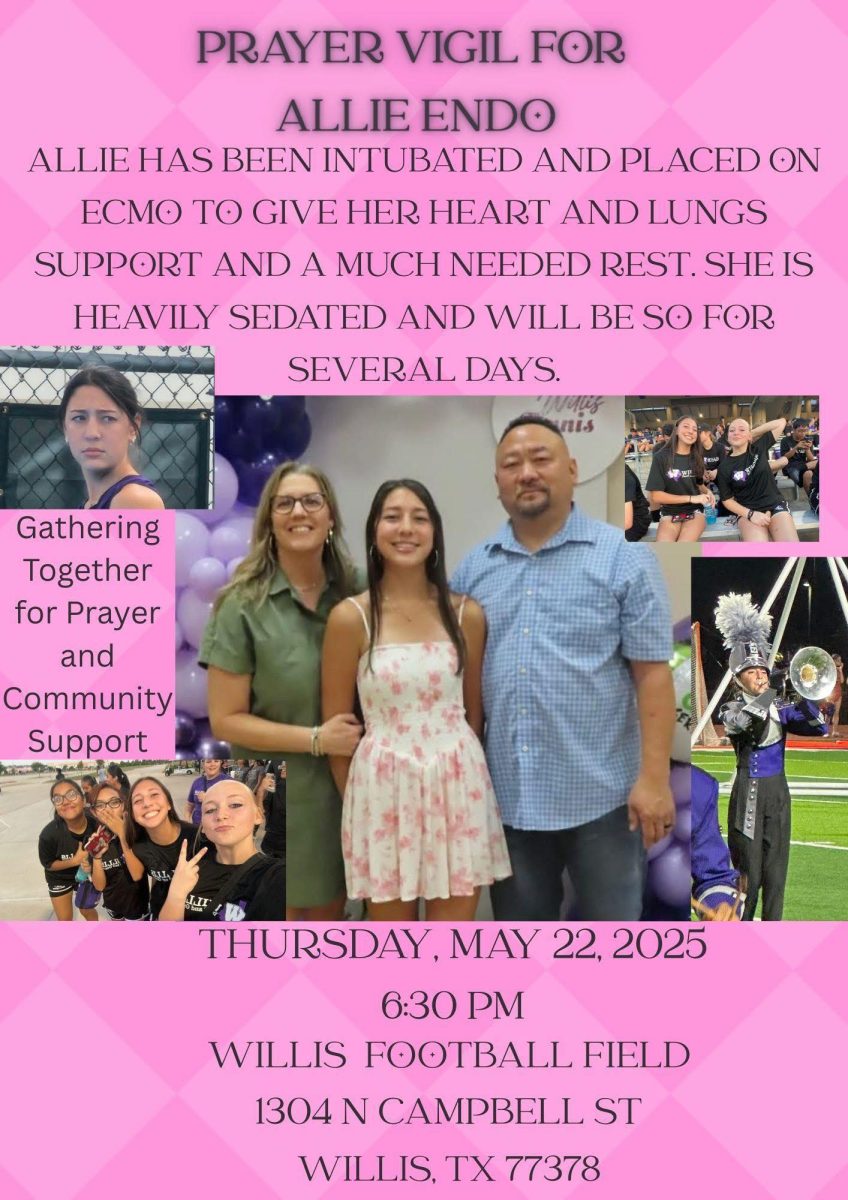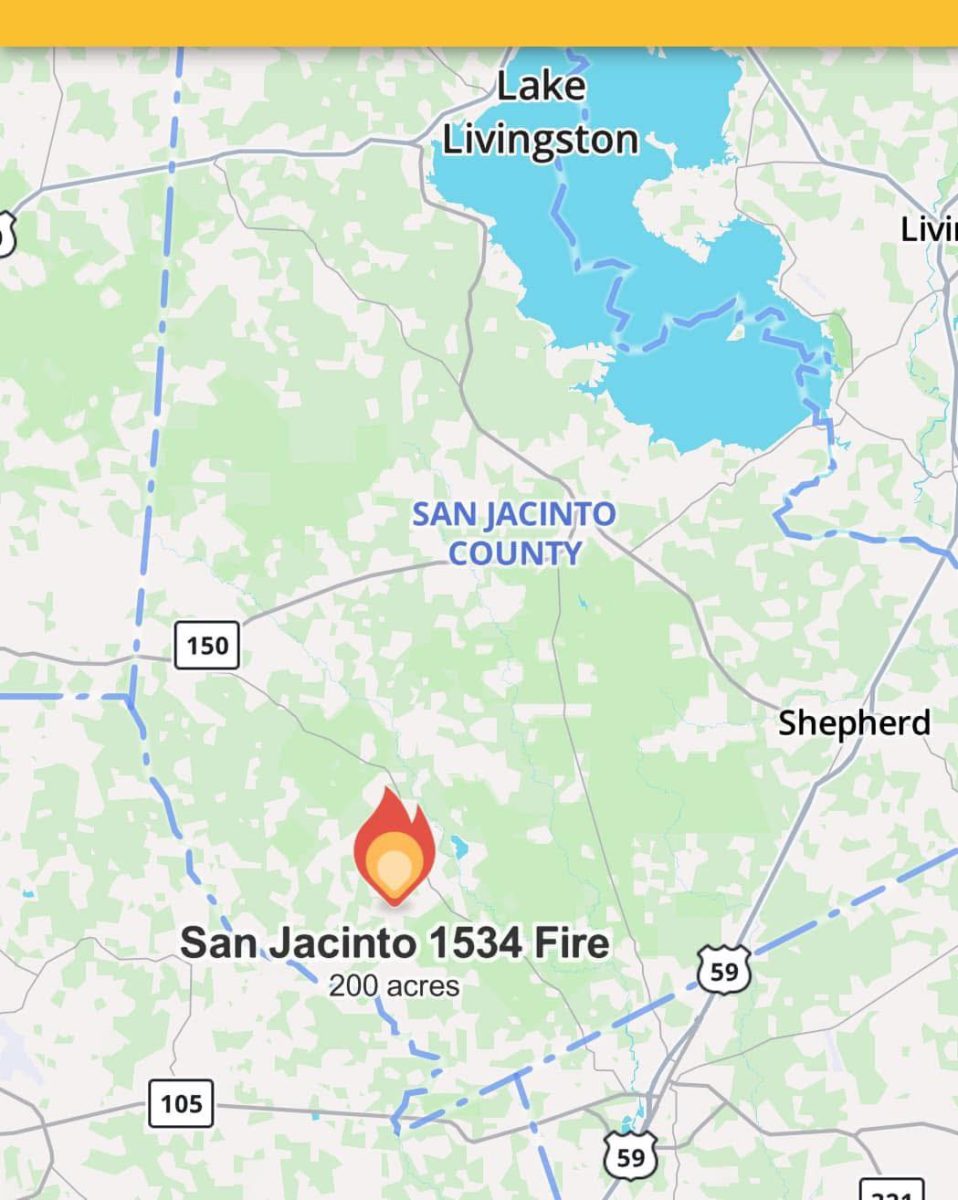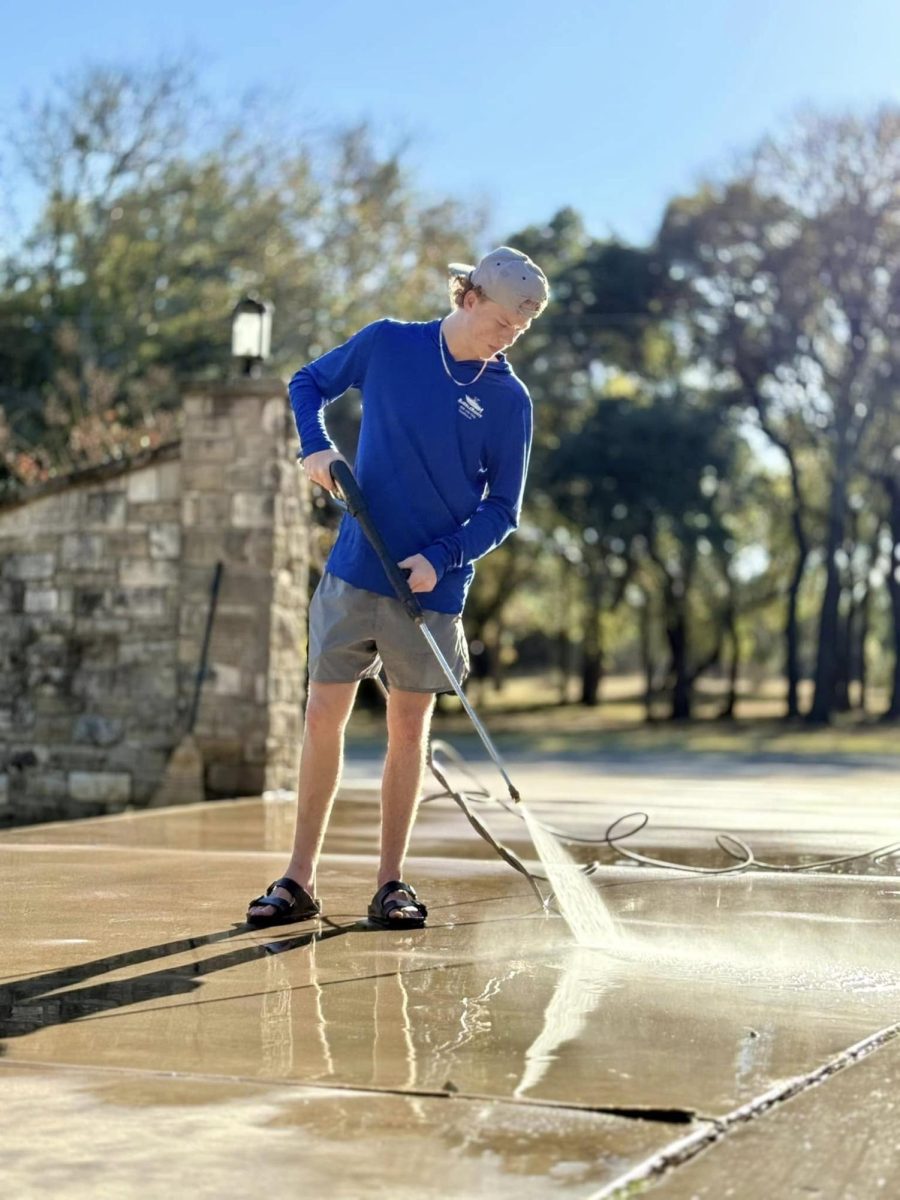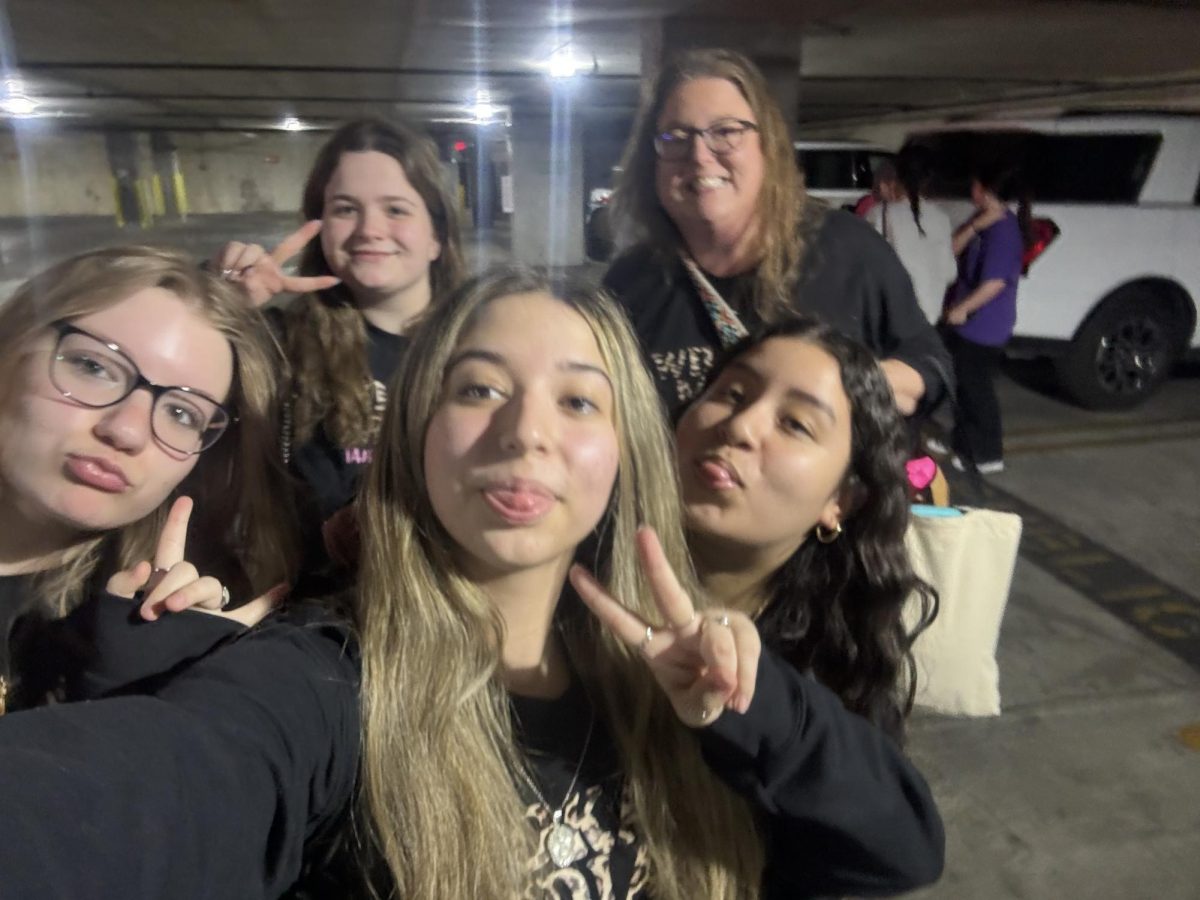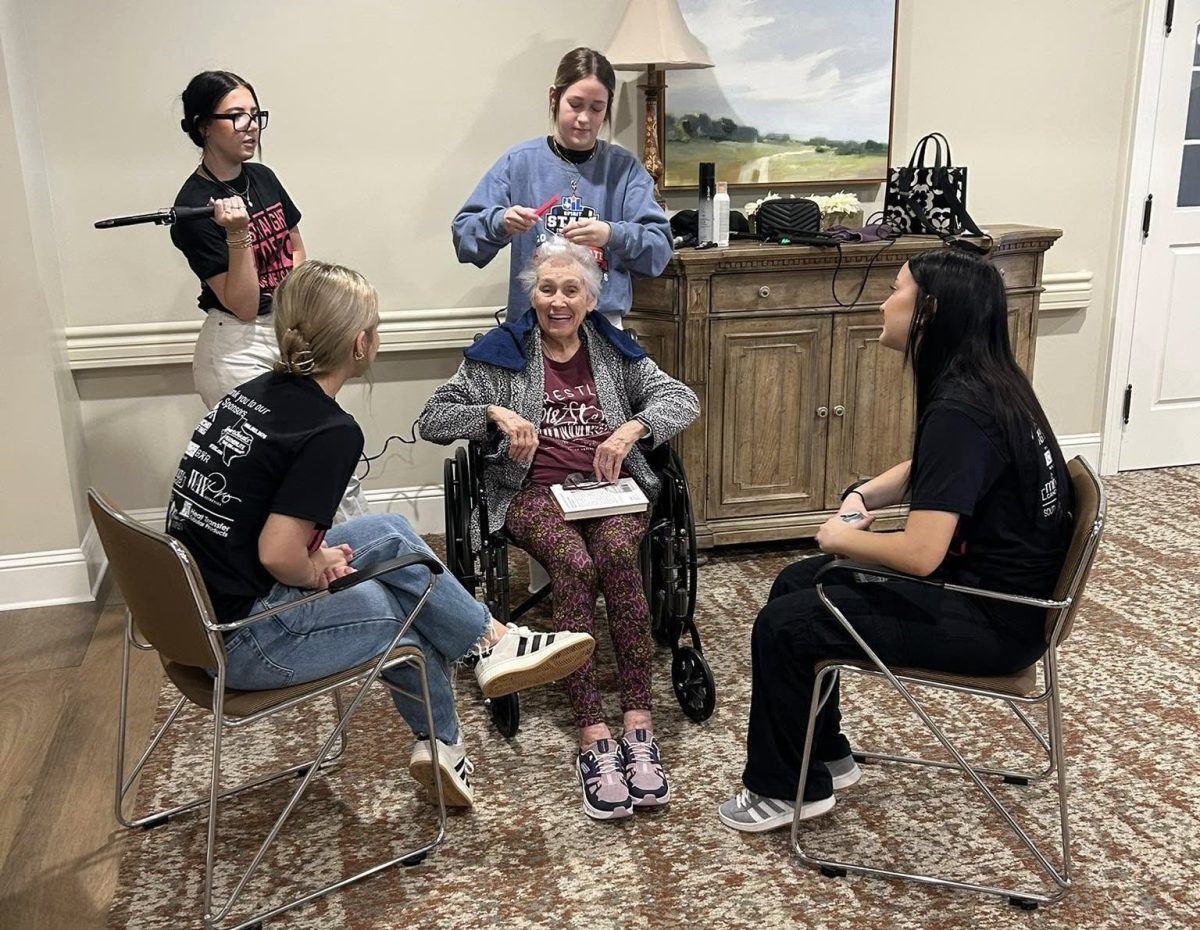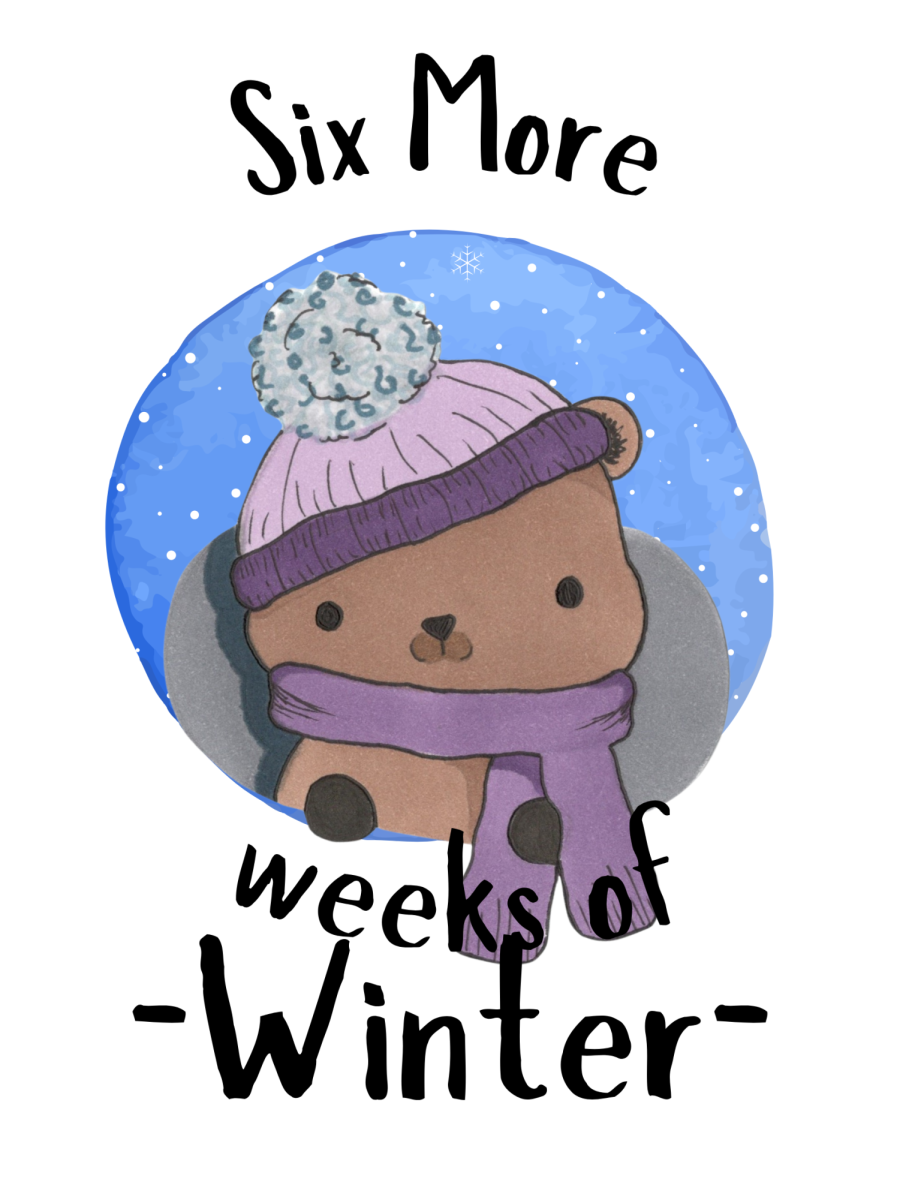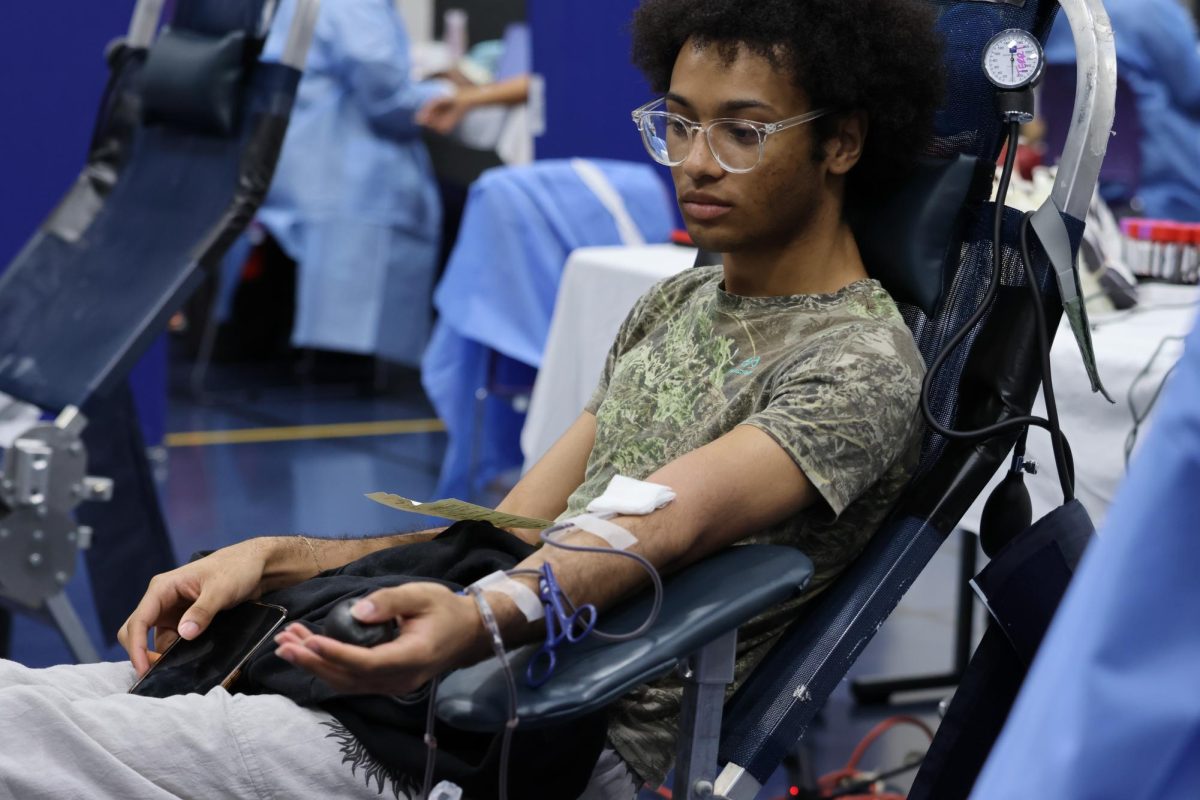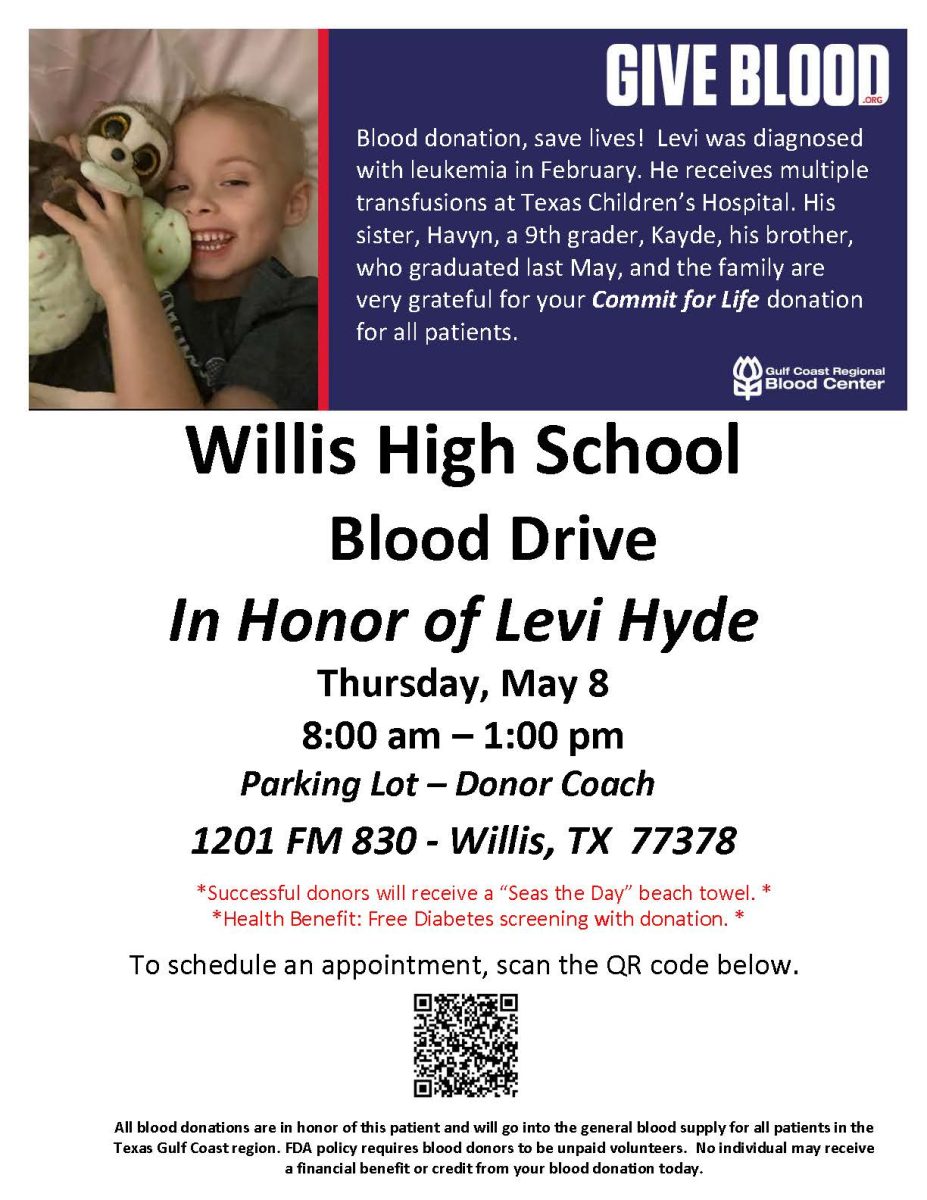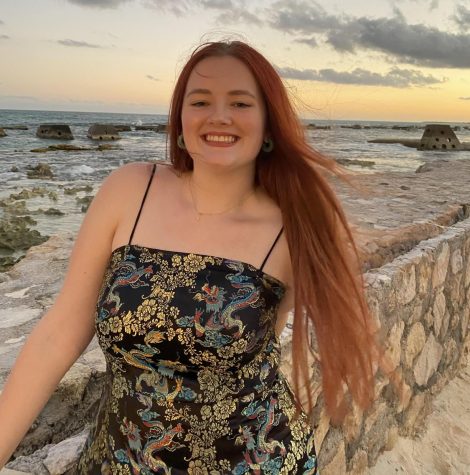His eyes are closed. He can hear the beeping of the heart monitor and smell the strong aroma of sterilization products. The medication is starting to wear off. He feels something in his mouth that snakes all the way down his throat. Panic. The overwhelming feeling of fear and the immense amount of discomfort takes over and he pulls out the tube that was placed deep inside of his throat. Even though he is in pain and still has a way to recover, he has survived.
In early February, English teacher, Anthony Lane, contracted COVID-19 and went into the hospital for 40 days.
“I don’t remember exactly when I got COVID, but I went to the hospital on February 23rd, and I had double lung pneumonia,” Lane said. “I had gone to the hospital two previous times but they turned me away because they were full. Once I was there I really thought I was getting better but then I got sicker and it snowballed and pretty soon, on the 9th of March, my nurse came to me and said that if we don’t put you on a ventilator soon you’re gonna die.”
For Lane, the pneumonia caused an inability to keep adequate levels of oxygen in his lungs and a mechanical ventilator helped him keep his lungs inflated by positive pressure. The ventilator also delivered a higher concentration of oxygen than what was in the air.
“I didn’t wanna go on a ventilator because I watched my dad die from a lung disease and it was really really bad,” Lane said. “At first I said no, but my nurse essentially cussed me out and told me that I’m young, and I still have three kids I need to think about. She talked me into it. So the next day they put me in a coma, and then I went on the ventilator. I was in a coma for 13 days. While I was in the coma I think my heart rate fell somewhere in the low 40s and they thought that was about it. But the next day I recovered and then the following day I woke up.”
A medically induced coma is used to reach a level of sedation called ‘burst suppression.’ In this state, the brain is completely quiet for several seconds, alternating with very short bursts of activity. The period when the brain is quiet gives the body vital time to rest and heal.
“At the end of that 13 days when I woke up, I grabbed the tube of the ventilator and ripped it out,” Lane said. “I remember feeling like I was choking on it, it was really difficult to deal with. Everything is very hazy and I don’t remember much, but I do remember a nurse telling me I was going to have a surgery. She held my hand while I had surgery, and she was there for like four days. Then I found out that she didn’t exist at all. She was totally a figment of my imagination, probably from all the drugs I was on after the coma.”
According to Johns Hopkins Medicine, a tracheotomy is an opening created through the neck into the trachea that allows direct access to the breathing tube that is placed through the opening. It provides an airway for the patient and removes secretions from the lungs.
“I got a tracheotomy when I woke up from the coma, because I pulled the cord out,” Lane said. “They didn’t give me enough drugs to knock me out for the surgery. I couldn’t move, I couldn’t open my eyes, but I felt him cutting my throat six times. I felt the stinging pain of the scalpel and it was my first surgery ever. I was laying there, and I was like ‘Move your leg. Move your leg.’ and I couldn’t do it. I heard the doctor say ‘His heart rate is spiking, this guy can feel this, get that anesthesiologist back,’ and then I was out.”
With the tracheotomy, air was being pumped into his windpipe and Lane was breathing through the tube instead of his nose or mouth.
“After the surgery, the ventilator was hooked to my throat,” Lane said. “It is so scary because the ventilator wants to breathe for you, but you also wanna breathe for yourself and sometimes those two things are at odds. There were times when I was laying there and suddenly I couldn’t breathe, even though it was blowing air in my lungs. The miscommunication happened when I wanted to blow air out but the ventilator wanted to blow air in and I felt like I was drowning and I would freak out and have panic attacks. I was so happy when they finally took me off it cause it was horrible.”
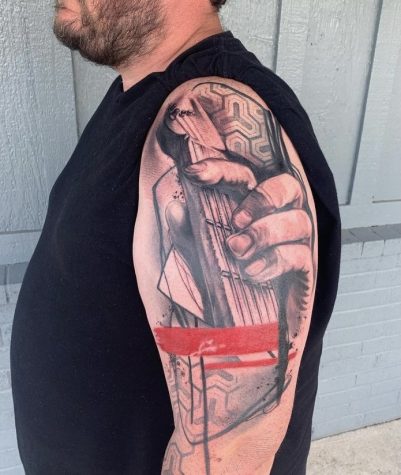
After six weeks of being in a hospital and going through something that people didn’t think he would survive, Lane was released to go home.
“I was there until April 2nd, and then I was at home for another month before I got to come back to school, so I missed three total months,” Lane said. “During my time there, I had a nurse named Kelly. She said that ‘We really thought that when you got here, you were not long for this world.’”
Between having corona and double lung pneumonia, Lane also had to deal with not getting to see his kids.
“My ex-wife and I have been divorced for 10 years, so while I was in the hospital she had our three kids,” Lane said. “She did everything the whole time I was sick, and she was great. She had the kids Facetime me every day. She and her husband took care of all my bills while I was in the hospital. It was very very nice, like our whole family has a real close relationship.”
One of the many COVID restrictions is that family members can’t come to visit their loved ones in the hospital.
“I got so sad every time the kids would call,” Lane said. “It was so hard not to be around them. I can’t think of a time I was away from my kids for more than like a week. Even after the divorce we co-parented, and we live six miles apart. We constantly see each other, and I didn’t get to see them for two months, that was the hardest part. I would get so emotional every time I talked to them but I felt like it was something that I needed just to survive. I had never been to the hospital before, and then I was there for 40 days and the whole time it was just emotionally exhausting and I was really depressed.”
Lane has gone through several challenging experiences in life but he thinks that dealing with corona has changed him for the better.
“I’ve only been out of the hospital for six months and teaching is… I’ve been shot at in combat and I almost got killed in a prison riot when I was a guard, and teaching is still the most difficult job I’ve ever done in my life,” Lane said. “This job is really stressful, and I’m also a person that gets stressed out easily. I’m very anxious, and there were more and more days, the longer that I was teaching, that I would just feel stressed out when I went home. When I got out of the hospital, the difference I found was that I was just happy to be alive. I’ve never felt that way in my life before.”
Lane found a new way to handle his stress after he came home from the hospital that he really enjoys.
“I bought a cot and a rack to hang it on, and I put it on my front porch,” Lane said. When I go home now, I lay in the cot and listen to this summer chill playlist I made before I go inside, and it’s a totally different way of approaching my house than I used to have. It all came from just feeling happy to be alive and making sure that I’m doing things to appreciate the day. So no matter how stressful it is, I’m just unwinding in a way that’s super positive for me.”
After being out of the hospital for several months and Thanksgiving being right around the corner, Lane reflects on an experience he is grateful for.
“Having COVID was just a chance for me to see that my priorities were out of whack, and I spent so much time stressing over these little things that I had no control over,” Lane said. “I was missing all these important things that were right in front of me, like spending time outside in a cot, and spending time with my kids. The Thanksgiving message works, I’m really really grateful for those things but more importantly I try to remember, especially when things are stressful, that at least I’m alive.”
COVID has affected so many people including Lane and after almost dying, he doesn’t want anyone else to experience what he went through.
“The one thing that I have talked to people about over the last few months is that not being able to breathe is the scariest thing that I’ve ever been through in my life, and regret won’t put the air back in your lungs,” Lane said. “This virus is a monster, and I think we’ve been really lucky that when we came back to school this year, it ended up being okay. What I care about more than anything, more than the politics that are around it, is just that people don’t have to experience what it’s like to not be able to take a breath of air.”


